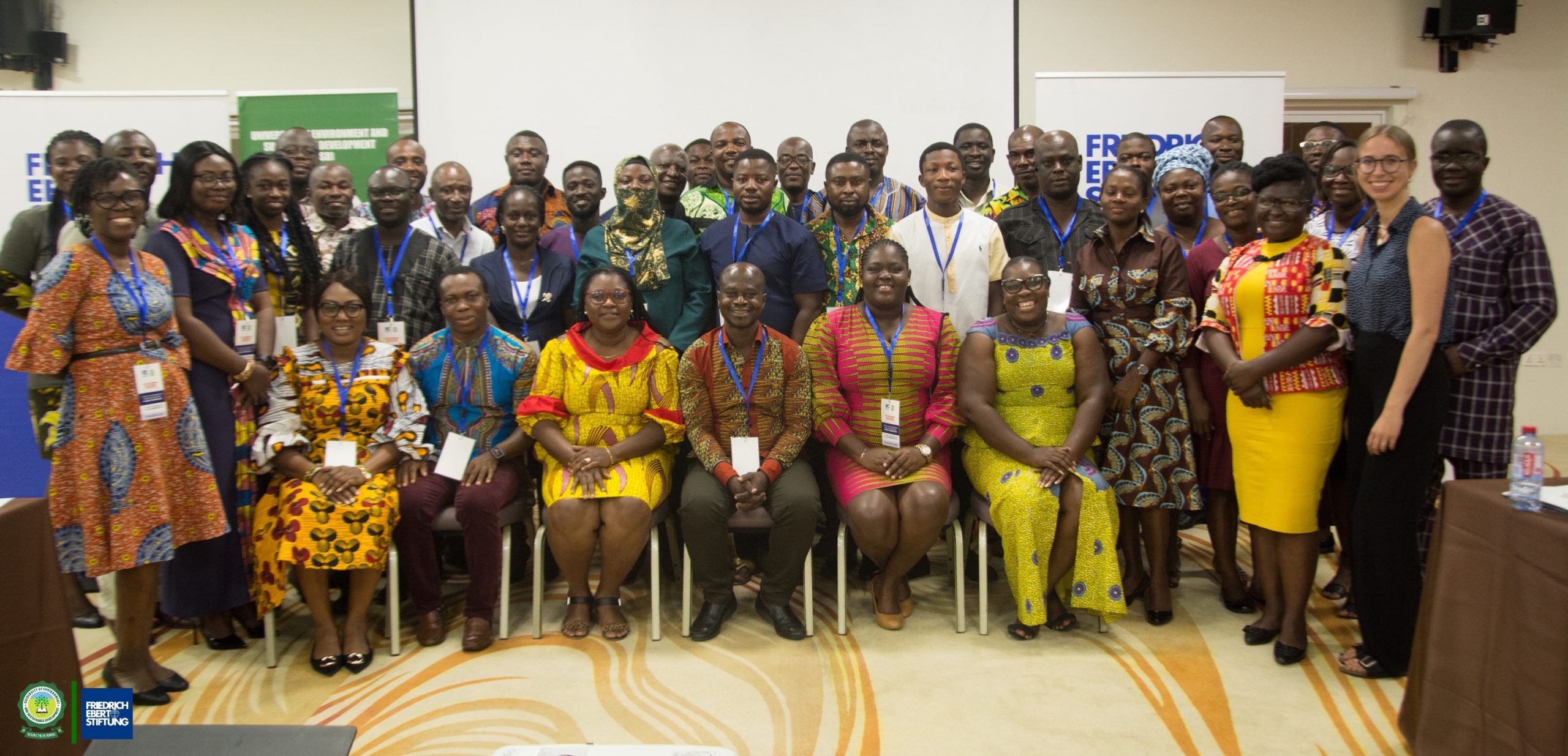The Head of the Africa Continental Free Trade Area (AfCFTA) National Implementation Office, Dr. Fareed Kwesi Arthur has revealed that Ghana is one of the seven (7) countries selected to pilot the implementation of the AfCFTA agreement in September 2022, hence the need to put in the appropriate strategies required for the success of the treaty.
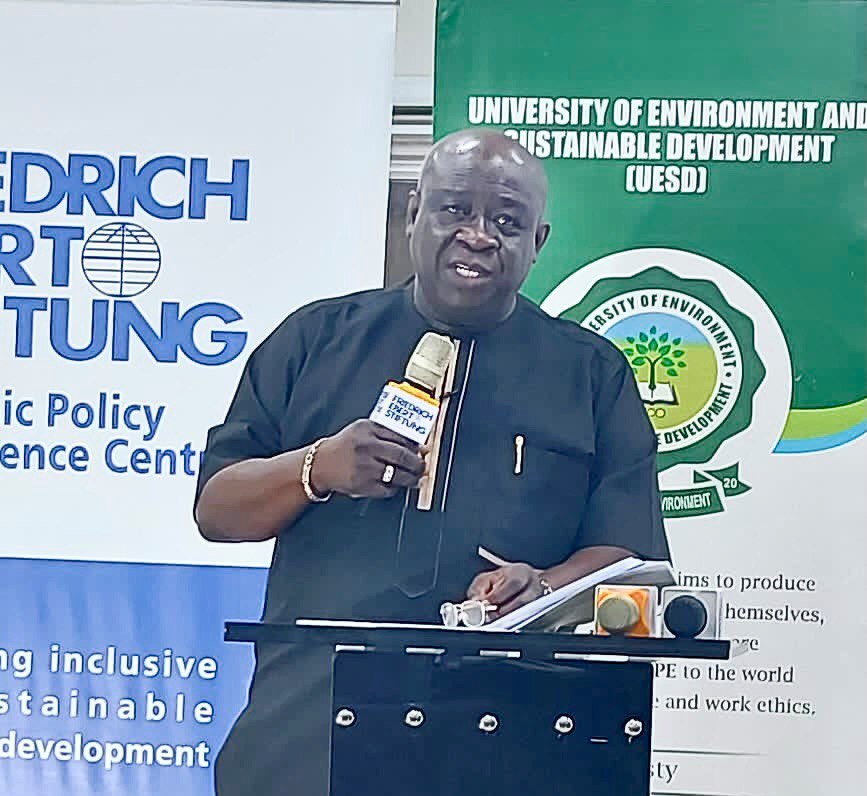
He said, by the nature of the Agreement, the AfCFTA is typically modelled for the benefit of Small Medium Enterprises, SMEs and Ghana’s readiness is significantly dependant on how it sets out to assist with the growth of its SMEs.
Dr. Arthur was making a presentation as the key note speaker at the opening of the three-day, ‘2022 Sustainable Development Conference, organized by the University of Environment and Sustainable Development (UESD) Somanya, in collaboration with the Friedrich Ebert Stiftung Economic Competence Centre, a German Policy think tank, held at Ho in the Volta Region. He spoke on, ‘The African Continental Free Trade Area (AFCFTA), as enabler of SMES Investment Opportunity & Green Job Creation in Ghana.
The conference provided a platform for seasoned persons from academia, including Lecturers from UESD, Industry, Agriculture, NGOs and Civil Society to identify and share ideas, relevant for policy formulation to position Ghana for a competitive advantage within the African Continental Free Trade Area.
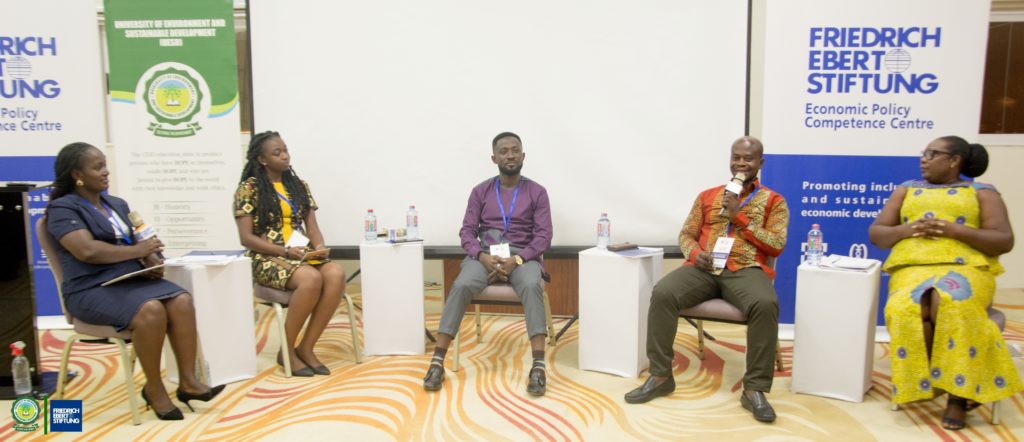
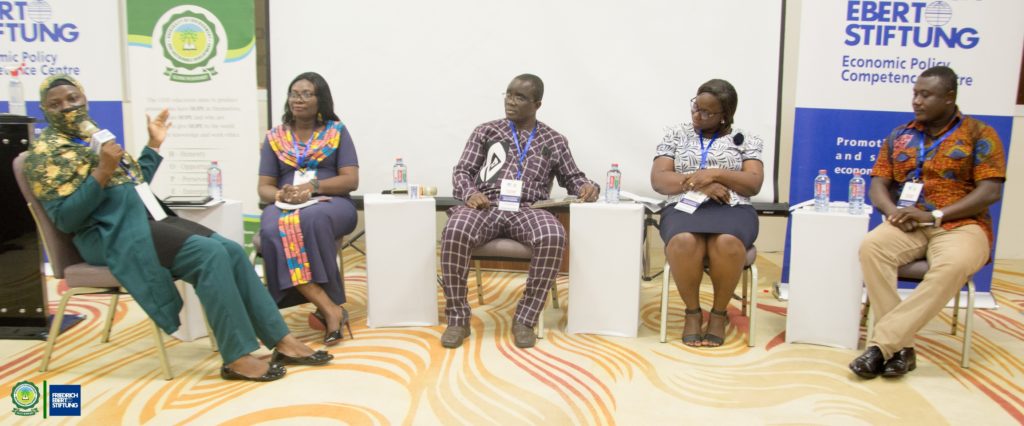
Dr. Arthur stated that as the coordination office of the AfCFTA, the national implementation office’s primary objective is to create an enabling environment based on which all member States can build robust economies and encourage inter-country trade and commerce. He said, the AfCFTA has a membership of fifty-four (54) countries, out of which forty-four (44) have ratified and it is expected the rest of the members would soon join.
Commenting on Ghana’s preparedness for September, Dr. Arthur stated that the country cannot afford to say, it is not ready, because it is leading the campaign and has to ensure that all fundamentals required to tap into the positive outcomes of the treaty are in place.
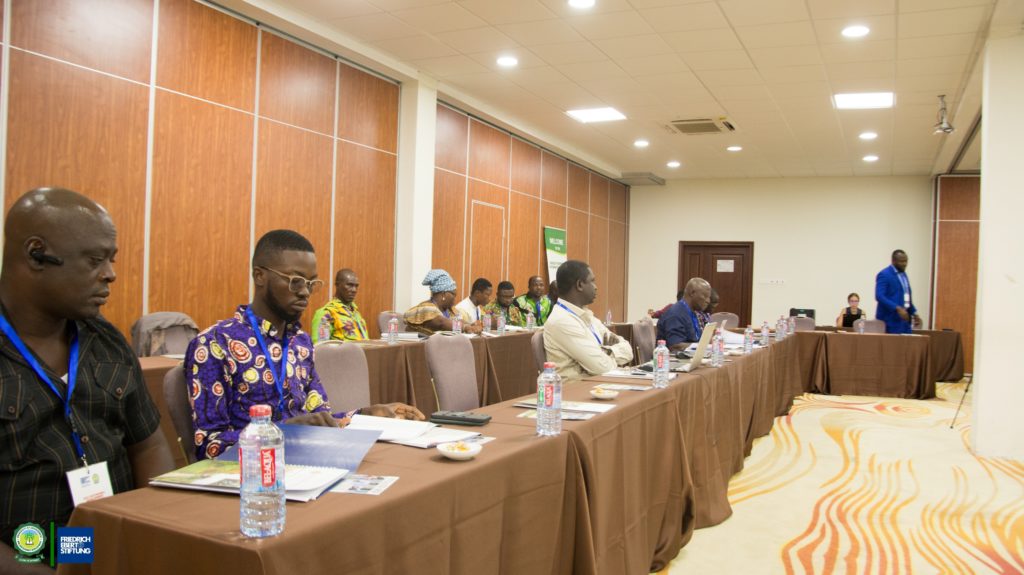
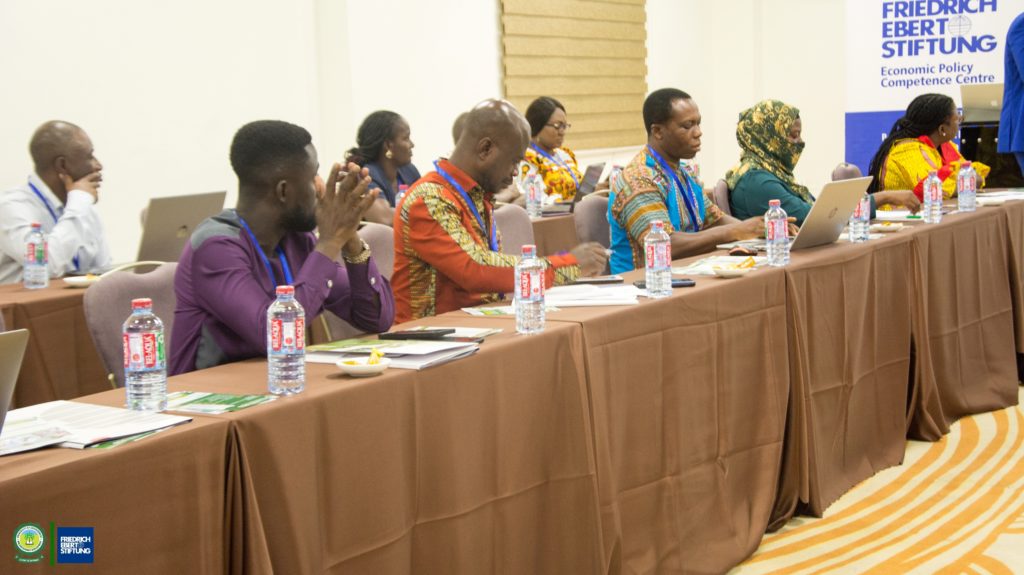
He said, Ghana touts itself as a trail blazer in this AfCFTA campaign, and therefore it is poised to take advantage of the opportunities created by the agreement. He commended the organizers of the conference and expressed the hope that a strategic roadmap would be adopted by Ghana as it gears up to tap the benefits that come with the agreement.
The Chairman of the Conference, Prof. Victor Agyemang, who is the former Director-General of the Council of Scientific and Industrial Research (CSIR), said, with the advent of the AfCFTA, there is the need to create jobs that fit into the AfCFTA agenda. He expressed the hope that, the excessive border restrictions among member countries which make travelling laborious would become a thing of the past when the agreement comes into force. Adding that, whether Ghana will do well or not, will depend on its level of preparedness and charged the public to view the AfCFTA agreement as a unique opportunity to lift the image of the country.
The Dean of the School of Sustainable Development, Prof. Anthony Amoah, in an address encouraged the participants to identify and share ideas relevant for policy formulation and strategic positioning for competitive advantage within the AfCFTA, noting the importance of environmental sustainability and development within the confines of the AfCFTA.
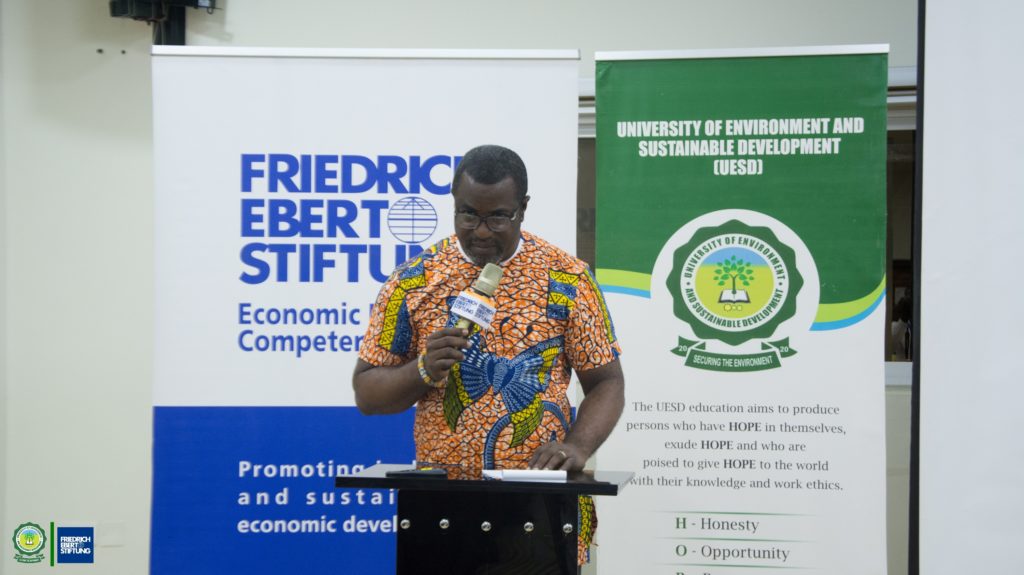
The Programme co-ordinator of the Friedrich Ebert Stiftung Economic Policy Competence Centre (FES-EPCC), Ms. Eunice Asiedu, indicated that as Ghana prepares for the full operation of the AfCFTA agreement, there is the need to adapt and create ‘green jobs’ which will serve as the common denominator between the agreement and the Sustainable Development Goal agenda on environmental sustainability and development.
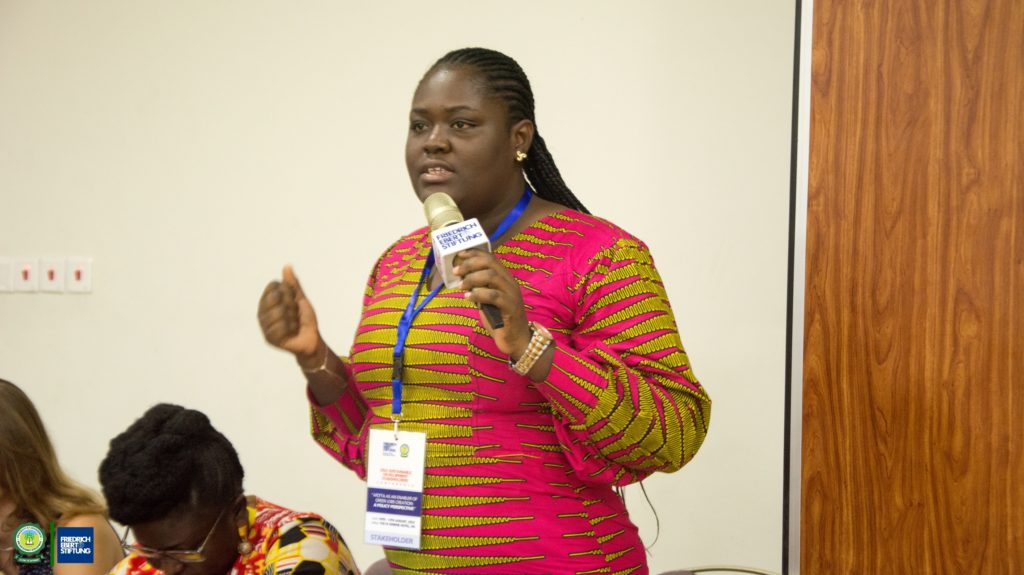
She said it is for this reason that the Friedrich Ebert foundation has teamed up with the UESD to bring together the best brains to deliberate on issues and produce a policy brief at the end of the conference.
The participants went into plenary sessions and panel discussions, on days two and three of the conference. They discussed, Climate Change causes, Mitigation and Adaptations Strategies in Ghana and AfCFTA, as Enabler of Green Job Creation in Ghana.
The participants acknowledged the importance of the AfCFTA to the SMEs in Ghana. They brainstormed ways by which the SMEs will be better positioned to create green jobs to suit the purpose of the agreement. A Lecturer at the School of Sustainable Development and member of the planning committee of the conference, Dr. Michael Karikari presented on the emerging issues from the discussions, which mainly bothered on the challenges of SMEs.
These challenges included, lack of technical know-how, lack of proper inventory, communication barriers, difficulty in accessing funds and loans, illiteracy, and bad business practices such as under-invoicing, failure to register business, failure to heed advice of professionals and the dichotomy between old practices and modern trends.
These, Dr. Karikari stated culminate in the woes of the SMEs, and if any meaningful outcome is to emerge from the AfCFTA agreement, the onus lies with the AfCFTA coordination team and the government of the day to work together to find pragmatic solution to the challenges.
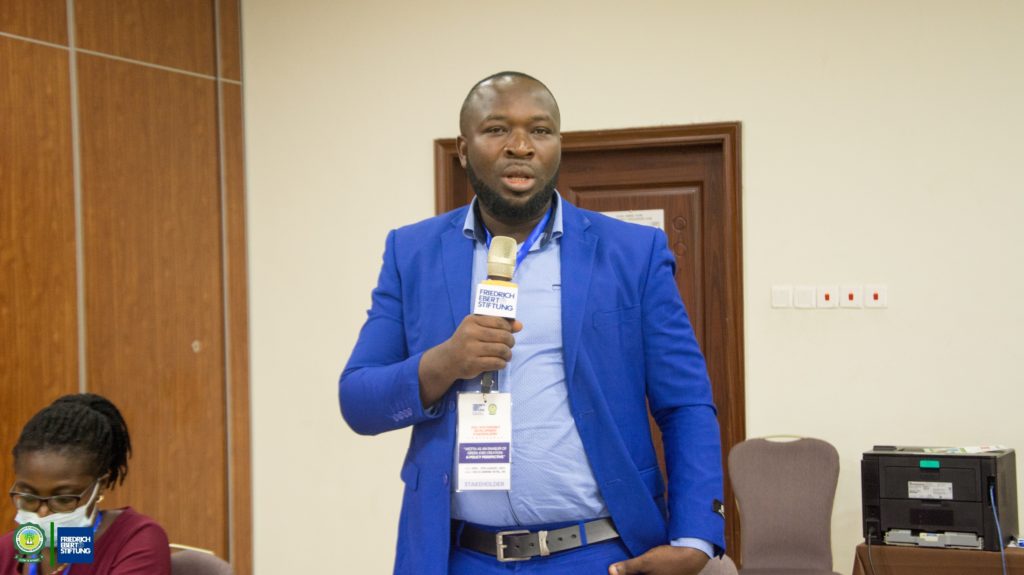
A policy brief from the conference is expected to be presented to Parliament.

